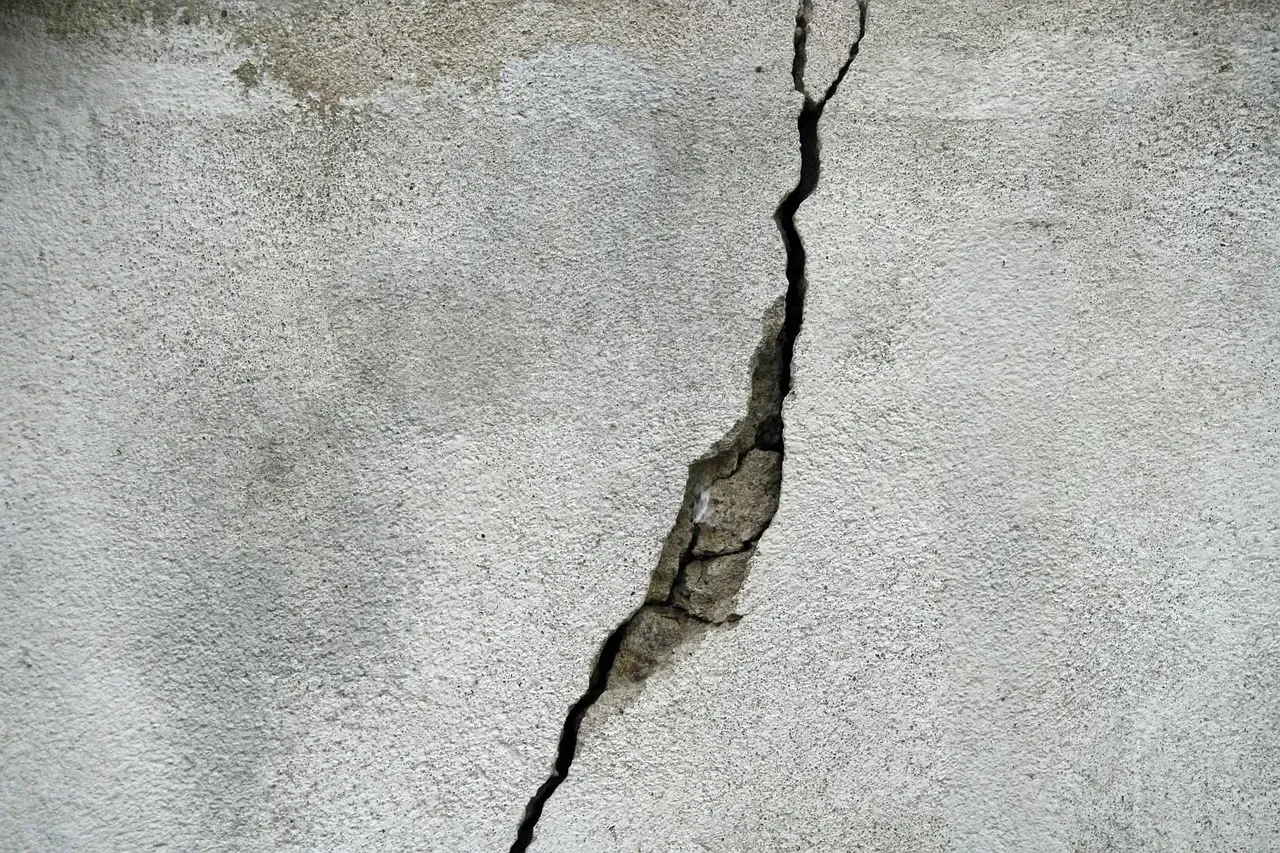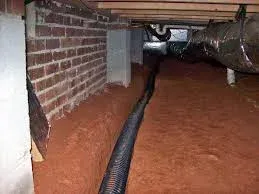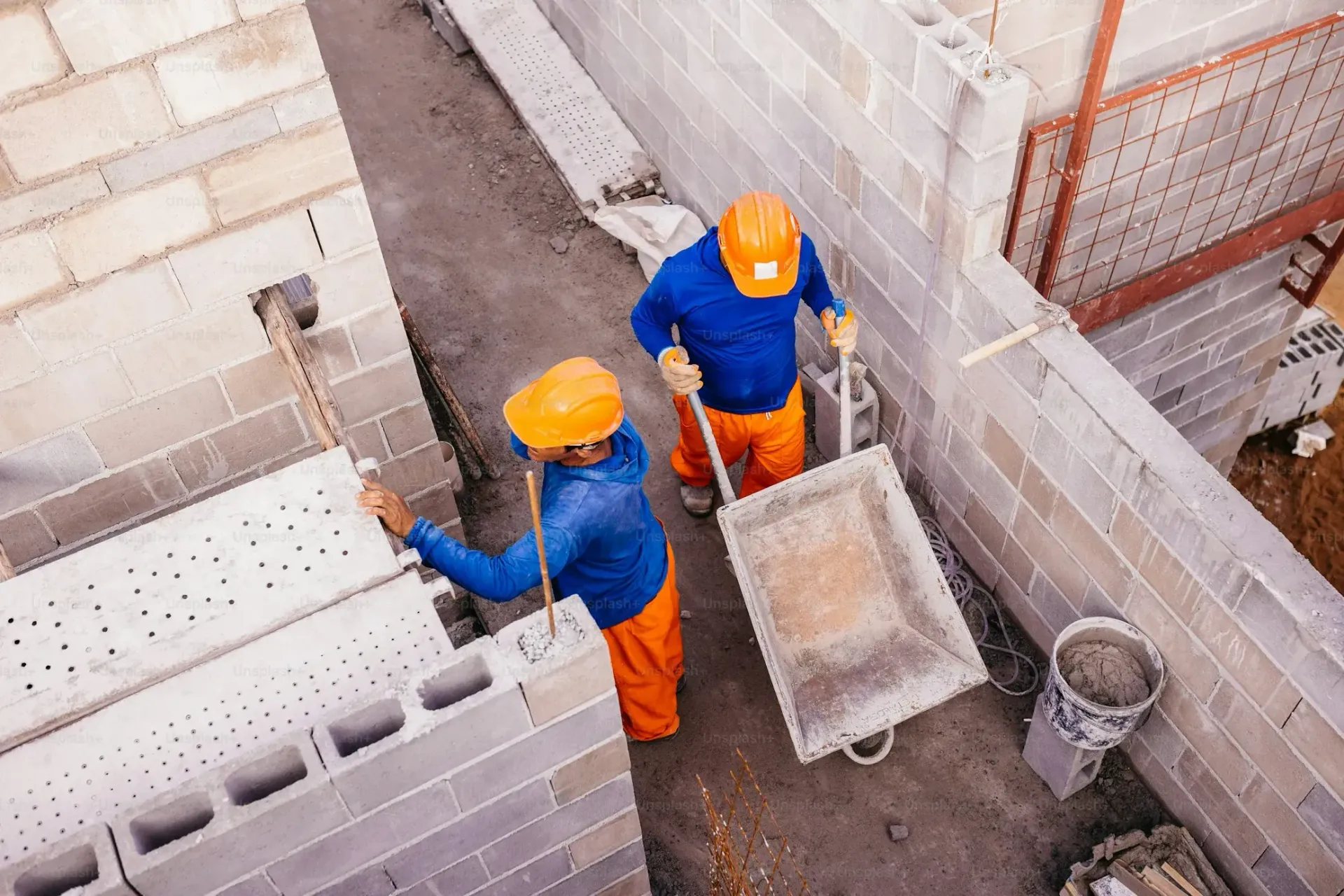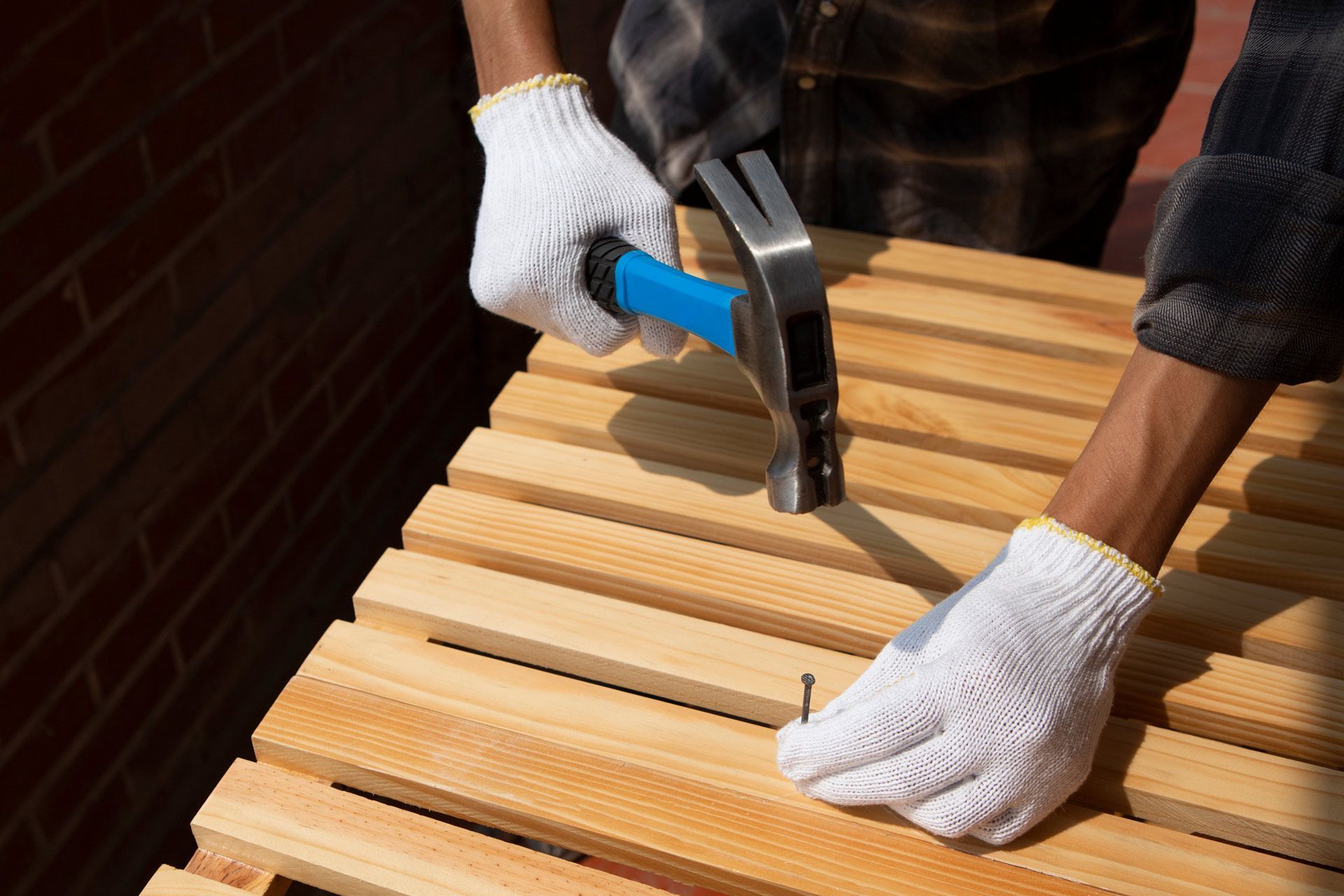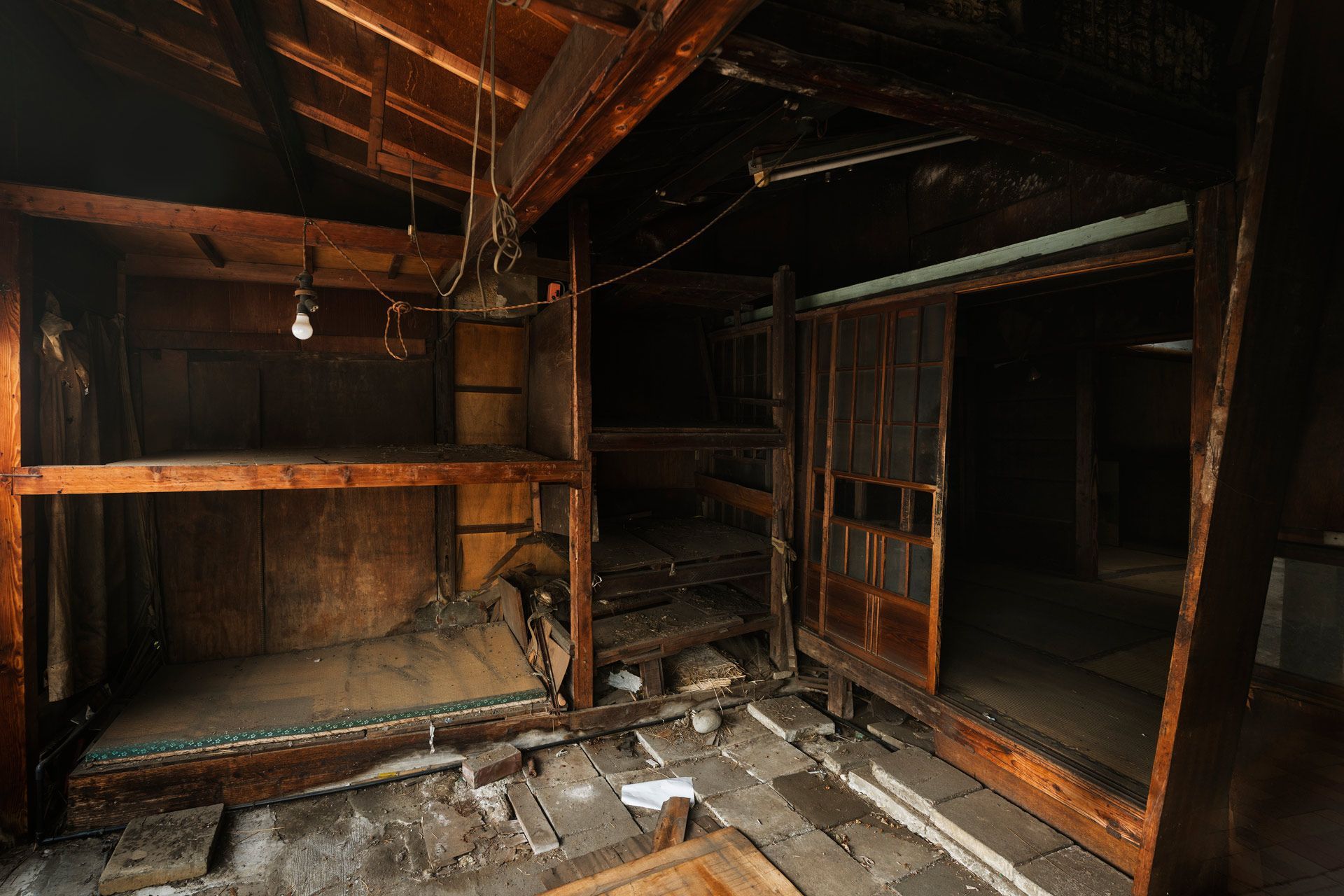When to Call for Structural Inspection in Shelby After Heavy Rain
September 15, 2025
Introduction
Shelby, North Carolina, experiences its fair share of heavy rainfall and seasonal storms—and while the water may drain away, the effects on your home’s structure can linger far longer than the puddles outside.
After a major rain event, water often seeps into the soil around your foundation, crawlspace, or basement. For some homeowners, this leads to visible issues like cracks, damp walls, or uneven floors. For others, the damage builds slowly and silently beneath the surface.
Knowing when to call for a structural inspection in Shelby can mean the difference between simple maintenance and major repair costs later. This article will help you recognize the warning signs, understand what inspectors look for, and take preventive steps to protect your home after periods of heavy rainfall.
How Heavy Rain Impacts Foundations in Shelby
The Role of Shelby’s Soil and Climate
Shelby sits within North Carolina’s Piedmont region, where red clay soils dominate. These soils absorb moisture easily but don’t release it quickly, leading to cycles of expansion and contraction. After prolonged rain, the saturated ground exerts hydrostatic pressure against foundation walls and slabs, which can lead to cracking and shifting.
The combination of clay-rich soil, older housing structures, and heavy rainfall patterns in Cleveland County makes homes especially vulnerable to water-related foundation stress.
Common Structural Effects After Heavy Rain
When too much water infiltrates the soil around your foundation, several structural issues can develop:
- Foundation cracks: Pressure buildup pushes against concrete or block walls, causing visible or hairline cracks.
- Basement and crawlspace flooding: Water intrusion creates persistent dampness and mold conditions.
- Soil movement: Saturated soil can lose its bearing capacity, causing foundation settling or tilting.
- Rotting structural wood: Excess moisture can lead to wood decay in floor joists, beams, and sill plates.
- Shifting or leaning walls: In extreme cases, hydrostatic pressure can cause basement or retaining walls to bow inward.
Recognizing these early signs allows homeowners to act quickly before the structure becomes compromised.
When to Schedule a Structural Inspection
Not every rainfall requires professional inspection—but certain conditions should trigger a call to a local expert.
1. You Notice New or Expanding Cracks
After a storm, inspect both the interior and exterior of your foundation. Cracks wider than one-eighth of an inch, or those that appear suddenly, indicate movement and pressure changes that warrant professional evaluation.
2. Doors and Windows Begin to Stick
If your doors or windows suddenly jam or no longer fit properly, it’s a sign that your home’s framing may have shifted due to soil movement. This subtle change often follows heavy rain and should not be ignored.
3. Your Crawlspace or Basement Smells Musty
A persistent musty odor signals trapped moisture and poor ventilation—conditions that can quickly escalate to wood rot, mold growth, and air quality problems. Inspectors can measure humidity and locate the moisture source before it spreads.
4. You See Pooling Water Near the Foundation
Standing water around your foundation line or under your crawlspace is a red flag for poor drainage. Even if it hasn’t yet caused visible damage, it’s a warning sign that long-term erosion or hydrostatic pressure may soon develop.
5. The Home Feels Uneven or Floors Sag
If the ground beneath your home becomes saturated, portions of the foundation can sink. You might feel subtle slopes when walking across the floor or notice gaps between baseboards and walls. An inspection can confirm whether this is cosmetic or structural.
What Happens During a Structural Inspection
A structural inspection after heavy rain goes beyond a visual walkthrough. Local specialists assess how water has affected both the soil and the structure’s load-bearing elements.
Key Areas of Focus Include:
- Foundation elevation readings to check for settlement or movement.
- Crawlspace and basement moisture levels to detect hidden leaks or humidity.
- Support beams, joists, and piers for any signs of rot or shifting.
- Exterior grading and drainage systems to ensure water flows away from the home.
Inspectors then recommend a tailored plan for repairs or preventive measures, such as installing drainage systems, adding vapor barriers, or reinforcing structural supports if necessary.
FAQs About Post-Rain Structural Inspections
How soon should I call for a structural inspection after heavy rain?
If you notice any signs of cracks, dampness, or uneven floors within a few days after a storm, schedule an inspection immediately to prevent worsening damage.
Can heavy rain really move a foundation?
Yes. Repeated saturation and drying cycles cause clay soil to expand and contract, which puts pressure on foundations and can gradually shift them over time.
What if my home is new—do I still need inspections?
Yes. Even newly built homes in Shelby can experience settling during the first few years, especially after periods of heavy rainfall or poor drainage.
Will insurance cover water-related foundation damage?
Typically, foundation movement from groundwater isn’t covered under standard policies unless caused by a sudden, accidental event. Preventive maintenance remains the best protection.
How often should I have my foundation inspected?
At least once a year, ideally before and after the rainy season. Homes with known drainage issues may benefit from semiannual inspections.
Local Insights: Why Shelby Homeowners Should Be Proactive
Shelby’s mix of historic and newer homes means foundations vary in age and design. Older properties often feature crawlspaces with exposed soil and limited drainage, while newer homes may sit on concrete slabs that still face hydrostatic pressure from saturated clay.
After consecutive days of rain, Shelby homeowners should be especially attentive to visible soil erosion, foundation cracks, or changes in indoor humidity. Taking a proactive approach to structural inspections not only safeguards your home’s stability but also helps maintain its market value and energy efficiency.
Conclusion
Heavy rain is more than just a weather inconvenience—it’s a structural test for your home. Shelby’s clay-rich soil and frequent storms make moisture control and early inspection essential parts of responsible home maintenance.
Calling for a structural inspection after major rainfall ensures that any foundation movement, wood rot, or drainage issue is caught early—before it becomes a costly repair.
Structural Works, serving Shelby and the greater Charlotte region, offers expert evaluations and long-term repair solutions tailored to local conditions. Their team helps homeowners protect their most important investment: the stability of their home.

